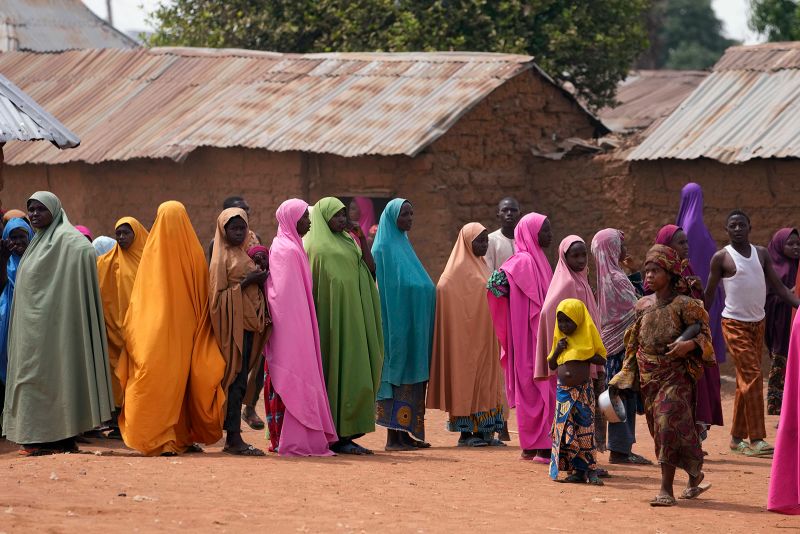As the atrocious incidents of child abductions continue to rock Nigeria, there is a glimmer of hope that shines through the grave circumstances. In a course of events that roused high emotions and put the international community on high alert, 137 school children who had been abducted by unidentified gunmen were recently released in Nigeria, according to a top government official.
The children who, before their release, had been held captive in shocking conditions were reported to be in stable health but undergoing pyschosocial counseling to help them recover from the traumatic ordeal.
These students were victims of the recurrent school kidnappings in Nigeria, an issue that has continued to escalate in recent years. Their release came after untiring efforts of the local law enforcement agencies and international pressure on the Nigerian government to secure the release of kidnapped students.
The circumstances surrounding their release have however not been fully clarified. While the government maintains that no ransom was paid, testimonies from several sources argue contrarily, fueling a controversy that further complicates matters. This leaves room for questions surrounding the operations of the government and security forces in managing these kidnappings.
In the wake of their release, there is a cocktail of emotions among the affected families and the nation at large. While there is evident relief and joy, there’s also brewing fear and uncertainty. The ordeal that these children went through in captivity is unimaginable and the trauma they are potentially carrying immense. Consequently, mental health practitioners have voiced concerns about their psychological state and have arranged for immediate psychosocial counseling.
Psychosocial counseling is a form of psychological therapy that addresses not only the individual’s mental health needs but also the social and environmental factors that influence their wellbeing. The students, ideally under the keen eye of professional mental health consultants, undergo a rigorous process tailored to help them adjust back to normal life.
It involves techniques and skills that foster resilience, self-esteem, and reduce the impact of the traumatic experience. These include cognitive behavioral therapy, stress management techniques, as well as social and emotional skills training. The counseling also extends to their family members and close associates to provide a holistic healing process.
The release of these school-going children however only marks a part victory in the war against school kidnappings in Nigeria. Much needs to be done to prevent recurrence of such incidents. There are calls for a more robust law enforcement strategy and international cooperation to curb the wave of kidnappings. Recruitment of more security personnel, technological advancements and community-based efforts are some of the perspectives that seem to hold some promise in this fight.
However, until that happens, the battle is far from over. While the release of the 137 students brings a sigh of relief, there are still hundreds more languishing in the hands of kidnappers whose nightmares continue to hover around the Nigerian nation. Their release, and ideally, the end of their abductions, remains a poignant hope.
As we celebrate the victory of their freedom and aid in their recovery, we must also channel our energies into the war against child kidnapping. Only then can we guarantee that our children, the future of our nation, are safe and catered for in a land they rightfully own. Indeed, the task of rebuilding these young minds, and appropriately, our society, requires a collective response – a global outcry to end child abductions. Only then can the children of Nigeria, and the world at large, truly rest easy.




